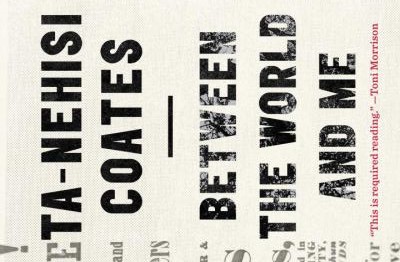
In The Atlantic, Ta-Nehisi Coates’ “The Black Family in the Age of Mass Incarceration” details the historical development of the carceral state, its consequences on current and formerly imprisoned black Americans, and the unique challenges families face during their absences and returns. Coates cites and interviews several prominent sociologists for their insight into the carceral state’s repercussions for black Americans specifically. We rounded up some of their best work on the topic.
The 1970s saw increasing unemployment and concentrated poverty. Legislators developed “tough on crime” policies that resulted in the start of a massive increase in the number of incarcerated individuals in jails and prisons. Increases in incarceration, however, do not appear to have had a significant effect on decreasing crime rates.
- Robert J. Sampson and William Julius Wilson. 1995. “Toward a Theory of Race, Crime, and Urban Inequality.” In Shaun L. Gabbidon and Helen Taylor Greene (eds.), Race, Crime, and Justice: A Reader. London: Routledge. pp. 177-190.
- Bruce Western and Christopher Muller. 2013. “Mass Incarceration, Macrosociology, and the Poor,” The ANNALS of the American Academy of Political and Social Science 647(1):166-189.
- Bruce Western. 2006. Punishment and Inequality in America. New York: Russell Sage.
Mass imprisonment has a wide range of collateral consequences. Those who serve time face health risks, familial struggles, and barriers to employment before and after they are released.
- Christopher Wildeman and Christopher Muller. 2012. “Mass Imprisonment and Inequality in Health and Family Life,” Annual Review of Law and Social Science 8:11-30.
- Sara Wakefield and Christopher Wildeman. 2013. Children of the Prison Boom: Mass Incarceration and the Future of American Inequality. New York: Oxford University Press.
- Devah Pager. 2003. “The Mark of a Criminal Record,” American Journal of Sociology 108(5):937-975.
- Devah Pager. 2007. Marked: Race, Crime, and Finding Work in an Era of Mass Incarceration. Chicago, IL: University of Chicago Press.

Comments